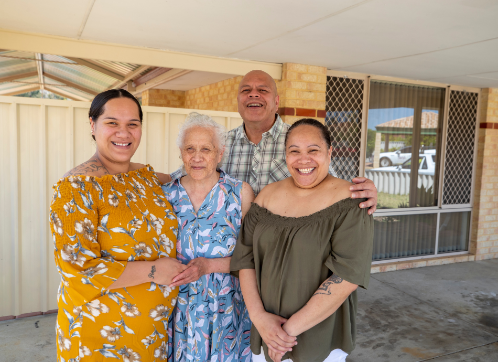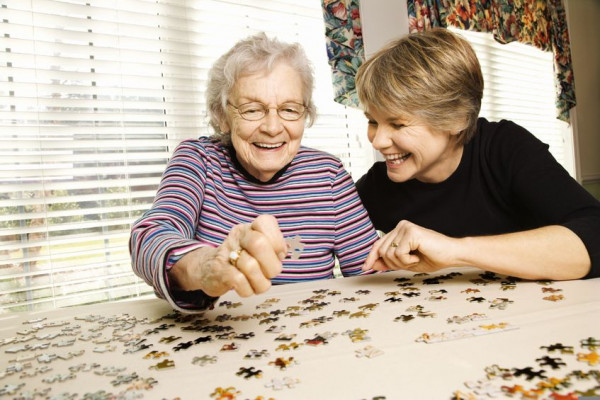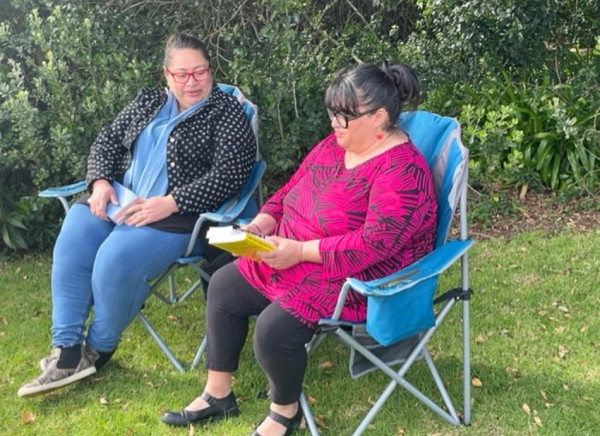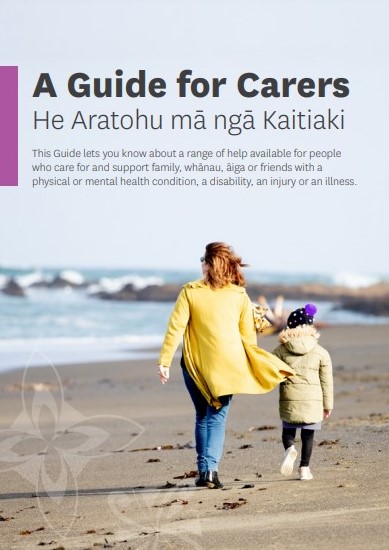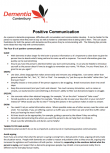Be informed
Get as much information about dementia as possible. Knowledge takes away the fear of the unknown and it helps you know what to expect and what support is available.
- Speak to someone from your local Alzheimer’s New Zealand(external link) or Dementia New Zealand(external link) group.
- Get advice from other carers and whānau members having similar experiences to you.
- Ask questions of healthcare providers and social service agencies. There's no need to be shy, these people want to help your loved one and it's their job to help you.
- You can find information in the booklets and brochures in the more information section at the bottom of this page. There are also links to information you can trust on the internet including booklets and factsheets from Alzheimer's New Zealand(external link).
- See the Dementia Learning Centre at Alzheimer's New Zealand(external link), a hub for dementia education. On their website you can find an online Caring for the Carers programme with a range of tips, resources and advice about mental and physical wellbeing, rest and relaxation, diet, and lifestyle to ensure care partners can manage the stresses of their role better.
- The Dementia New Zealand website(external link) is a good place to go for information.
- Take part in education programmes provided for carers in many areas. This can help to reduce your stress levels and increase your ability to cope.
Have a daily routine
Establish a basic daily routine in the household and try to stick to it. Try to keep things as normal as possible and don't treat the person with dementia like an invalid. It’s important to support them to be independent for as long as possible, doing tasks they can still carry out.
This might mean doing part of a task they used to do by themselves, eg, folding the towels but not doing the ironing. Or it might mean taking longer than they used to, and longer than it would take if you did it for them, eg, doing up buttons. This helps them keep a sense of dignity and usefulness.
Focus on what is still there
Your attitude can make a difference to the way you feel. Try to focus on the good things rather than the things a person with dementia can no longer do. There can still be times that are special and rewarding.
You might find it easier to cope once you've adapted to taking one step at a time. Try to focus on what you're doing right now rather than worrying about what has been or what will be. Learning mindfulness can be helpful.


